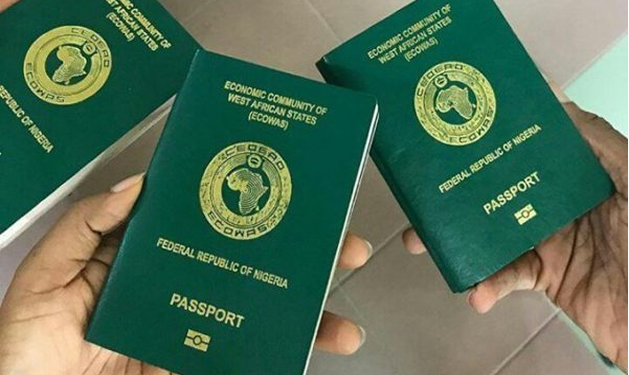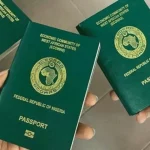The Federal Government has introduced a centralised passport personalisation system that will allow the Nigeria Immigration Service (NIS) to process and deliver passports within 24 hours of approval, raising daily production capacity to 5,000.
The reform was unveiled at the NIS headquarters in Abuja, marking the end of a decades-old decentralised system that relied on nearly 100 centres across the country and abroad. Under the new arrangement, all passports will be produced from a single central facility, a move authorities say will improve efficiency, ensure uniform quality, and strengthen the integrity of Nigeria’s travel documents.
Officials explained that while the actual personalisation of passports can now be completed within a day, applicants should expect overall delivery within about a week, factoring in logistics. This shift represents a major leap from the previous system, which could only produce around 250 to 300 passports daily and often left applicants waiting for weeks.
The government noted that the upgrade would help clear a significant backlog of pending applications, estimated at over 200,000, and ease the burden on Nigerians who have long struggled with delays and service bottlenecks. The centralised facility, equipped with modern automation tools, is expected to reduce human interference, limit errors, and cut down on fraudulent practices.
Authorities also highlighted that the reform will save operational costs by eliminating duplication across multiple centres, while allowing for stronger monitoring and oversight of passport production.
For millions of Nigerians at home and abroad, the development is expected to simplify access to passports, reduce waiting time, and improve the country’s global image by strengthening the credibility of its travel documents. However, questions remain about how the NIS will manage distribution from Abuja to other parts of the country, particularly in remote states, and whether the capacity increase will meet growing demand.
The government has described the launch as a milestone in service delivery and a step towards aligning Nigeria’s passport system with international standards.










